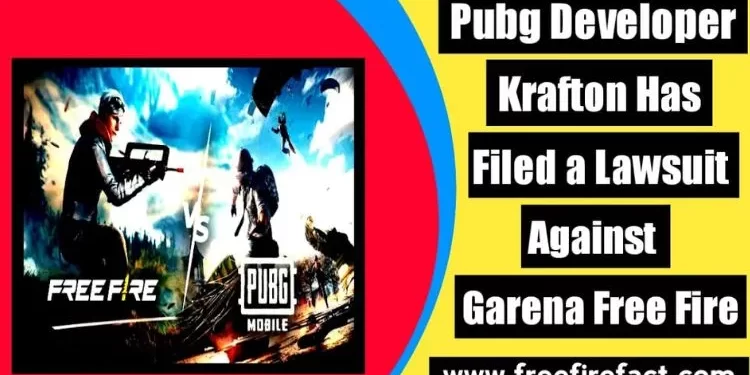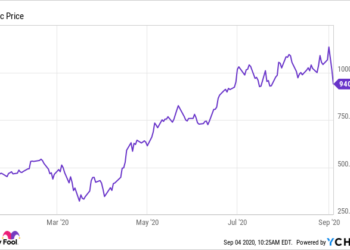In the ever-evolving world of video games, competition among game developers is fierce. With millions of players worldwide, the mobile gaming industry has become particularly lucrative, and developers are constantly striving to create innovative and popular games that capture the attention of players. However, along with the growing popularity of mobile games comes the issue of copyright infringement, as game developers seek to protect their intellectual property rights from unauthorized use by other developers.
One recent development that has garnered significant attention in the gaming community is the lawsuit filed by Krafton, the developer of the popular battle royale game PlayerUnknown’s Battlegrounds (PUBG), against Garena Free Fire, another popular battle royale game. In this article, we will explore the details of the lawsuit, the potential implications for the gaming industry, and the broader issues of copyright infringement and intellectual property protection in the gaming world.
Overview of the Lawsuit
In September 2022, Krafton filed a lawsuit against Garena Free Fire in the Southern District Court of California, alleging copyright infringement and trade dress infringement. Krafton claimed that Garena Free Fire copied elements of PUBG, including game mechanics, character designs, and other creative elements, without obtaining proper authorization from Krafton. The lawsuit specifically pointed out similarities between the two games, such as the layout and design of the maps, the use of vehicles, the gameplay mechanics, and the character designs.
Krafton further alleged that Garena Free Fire’s actions were causing confusion among players and potential customers, as they believed that Garena Free Fire was affiliated with or endorsed by Krafton, which could potentially harm the reputation and revenue of PUBG. Krafton sought various legal remedies, including damages, injunctive relief, and a trial by jury.
Garena Free Fire, in response, denied the allegations of copyright infringement and trade dress infringement and filed a motion to dismiss the lawsuit. Garena Free Fire argued that the similarities between the two games were common and generic elements of the battle royale genre, and were not protected by copyright law. Garena Free Fire also argued that the lawsuit was an attempt by Krafton to stifle competition and maintain a monopoly in the battle royale genre.
As of the time of writing this article, the lawsuit is still ongoing, and the final outcome has yet to be determined. However, the lawsuit has already generated significant attention in the gaming community and has raised important questions about copyright infringement, intellectual property protection, and competition in the gaming industry.
Implications for the Gaming Industry
The lawsuit filed by Krafton against Garena Free Fire has potential implications for the gaming industry as a whole. It has sparked discussions about the importance of protecting intellectual property rights in the gaming world and the potential consequences of copyright infringement for game developers.
One of the key implications is the need for game developers to be mindful of potential copyright infringement when creating new games. As the gaming industry continues to grow and evolve, game developers are constantly seeking to create unique and innovative games that can capture the attention of players. However, in the process of doing so, it is crucial for game developers to ensure that they are not infringing upon the intellectual property rights of other developers. This includes being aware of copyrighted materials, game mechanics, character designs, and other creative elements that may be protected by intellectual property laws, and obtaining proper authorization when using elements from other games.
The outcome of the lawsuit may also impact the way game developers approach game development in the future. If Krafton is successful in proving copyright infringement and obtaining legal remedies against Garena Free Fire, it may serve as a precedent for other similar cases in the gaming industry. Game developers may become more cautious about using elements from other games without proper
Conclusion:
The lawsuit filed by Krafton against Garena Free Fire has brought attention to the issue of copyright infringement in the gaming industry. As mobile games continue to gain popularity and competition among game developers increases, the protection of intellectual property rights becomes crucial. The outcome of the lawsuit may have significant implications for the gaming industry, influencing how game developers approach game development and use elements from other games in the future.
Three FAQs:
Why did Krafton file a lawsuit against Garena Free Fire?
Krafton filed a lawsuit against Garena Free Fire alleging copyright infringement and trade dress infringement. Krafton claimed that Garena Free Fire copied elements of PUBG, including game mechanics, character designs, and other creative elements, without obtaining proper authorization from Krafton.
What are the potential implications of this lawsuit for the gaming industry?
The lawsuit may impact the gaming industry by raising awareness about the importance of protecting intellectual property rights and encouraging game developers to be cautious about potential copyright infringement. The outcome of the lawsuit may also set a precedent for similar cases in the future, influencing how game developers approach game development and use elements from other games.
What are the broader issues of copyright infringement and intellectual property protection in the gaming world?
Copyright infringement and intellectual property protection are significant issues in the gaming world, as game developers invest substantial time, effort, and resources in creating unique and innovative games. Protecting intellectual property rights is crucial for fostering innovation and creativity in the gaming industry, and preventing unauthorized use of copyrighted materials, game mechanics, character designs, and other creative elements from other games. Game developers should be mindful of these issues and obtain proper authorization when using elements from other games in their own creations












